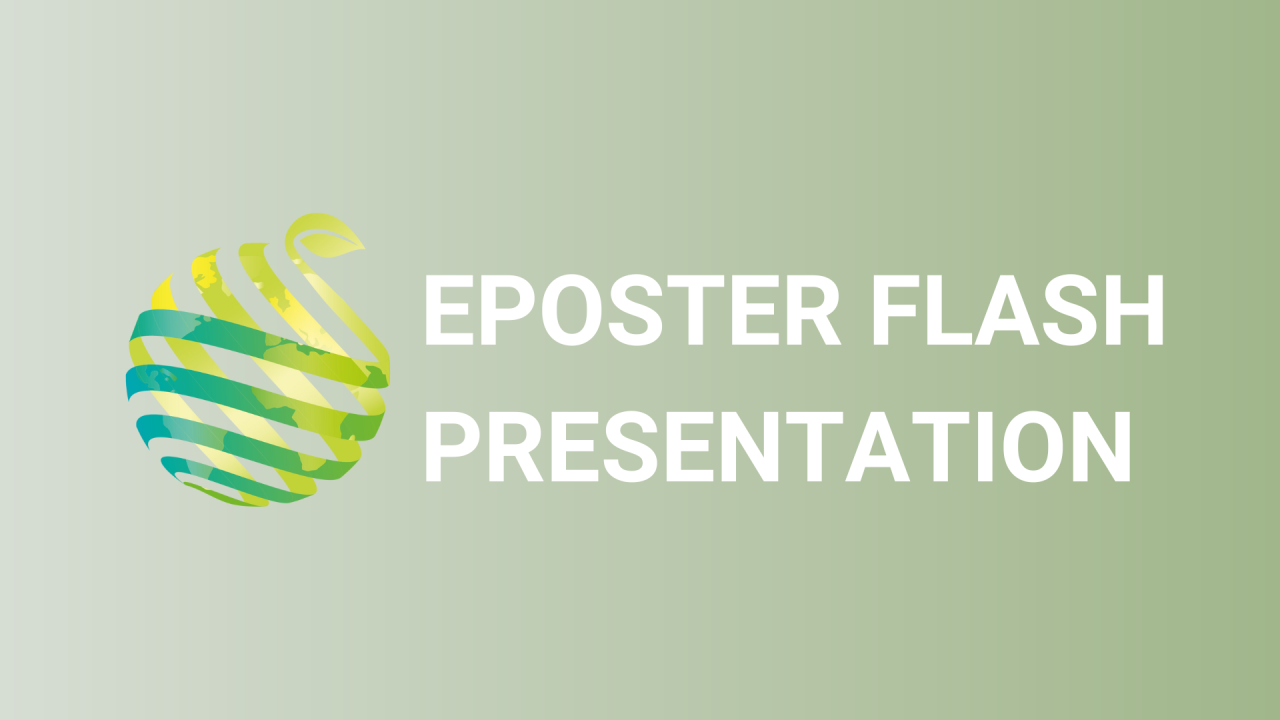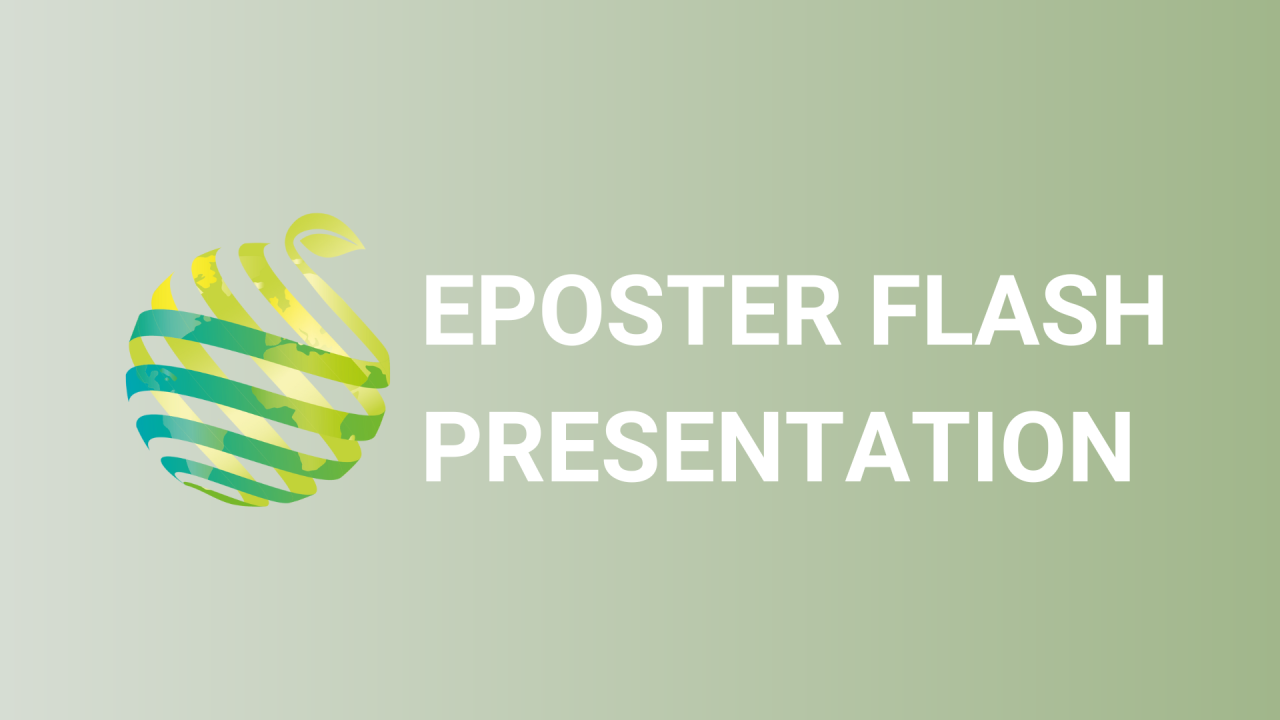

S09 - Session P2 - Exploring the adaptative capacities of entrepreneurial urban farmers: Case study of the impacts of Covid-19 pandemic and lockdown on French urban production
Information
Authors: Véronique Saint-Ges *, Caroline Petit
The number of French urban farming organizations has been exponentially increasing since the beginning of the 21 st century. It is a consequence of the environmental, economic and sanitary crisis. Diverse types of urban farming are part of this increase: low-tech (permaculture) or high-tech (vertical or indoor farm) practices, those located on wasteland, in the basement or on the rooftop of buildings, in parking spaces, etc. National and local public policies promote both the creation of collective or community gardens and entrepreneurial urban farms. Municipalities have been changing their urban planning regulations to allow for food production and urban growers on their territory. For example, every year, the emblematic operation of Parisculteurs , launched in 2018, has provided approximately 20 small public or private plots for social or entrepreneurial urban farming. Recognition of the positive environmental, social and economic impacts of urban farming (Duchemin, 2018) has led to a diffusion of the Parisian initiative towards other cities that seek to increase their resilience and local food production for better sustainability. The Covid-19 pandemic and the lockdown during 2020 can be used as a case study to identify the barriers and restraints on food production by the entrepreneurial urban farms. During the 1 st French lockdown, we questioned the French entrepreneurial urban farmers (FEUF) via an online survey in order to identify the impacts of this health protecting measure on their activities, markets and production techniques. The results show that producers have encountered difficulties in accessing their plots. Their employees could not work because of fear of contagion. As the commercial activities of urban farmers are not only producing and selling food but also services, many activities such as workshops for children and adult, teambuilding events, were suspended. Urban farmers lost significant business volume and they had to reorganized their supply chain. Measures against the pandemic also induced positive impacts on the urban farming strategy and demonstrated the agility of the producers. New commercial partnerships were developed. The proximity with consumers and overall food sales increased via on-line sales. This study realized during the Foode european project, shows that urban farming could be one of the tools for building more resilient and sustainable food systems.